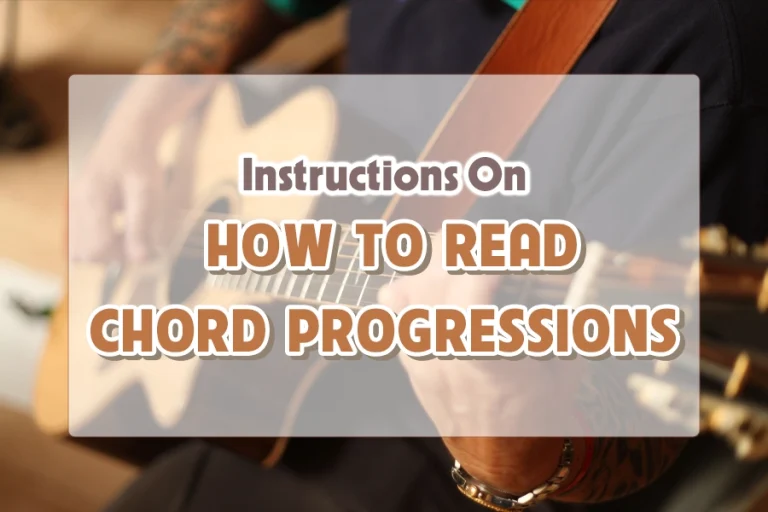Have you ever plugged in your electric guitar only to find that it’s not working?. It seems like there could be some noise here and there, or maybe nothing at all. This moment is puzzling for many guitarists, a blend of frustration and disappointment. The issue of an electric guitar not working when plugged in is a roadblock to your musical exploration.
This article aims to provide a comprehensive troubleshooting guide, ensuring your guitar finds its voice back. Eguitarmania will go over a few of the most common reasons why your electric guitar isn’t working and give some practical advice to avoid it coming back again.
5 Easiest Ways To Fix An Not Working Electric Guitar
Here are some approaches to fixing this non-response problem:
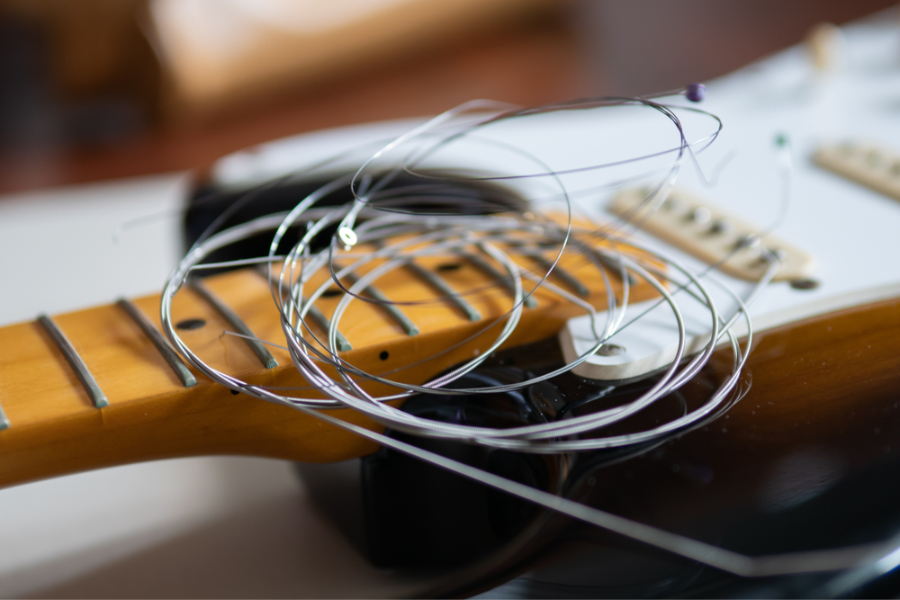
1. Check guitar cable.
The guitar wire will break, even if it protects your instrument and speaker. Over time, repeated plugging and unplugging and poor circumstances might degrade it.
Check your cable for cracks or damaged connections to rule out the cord as the reason for your guitar’s stillness. When moved, a damaged wire makes a popping or crackling sound. Keeping wires dry may extend their lifespan, so inspect and repair them often.
2. Dust and grime removal
Dust may enter your guitar’s circuitry and alter its tone. Dust and filth, particularly near strings and buttons, may impair guitar internals.
Cleaning it periodically with a soft cloth, removing the strings to make it easier to reach, and using non-scratching shine will help keep dust away. Shutting your instrument in a case while not in use is a simple way to prevent dust.
3. Inspect and perhaps replace the pickup.
Pickups convert guitar string vibrations into electrical signals. A bad pickup may silence even the loudest instrument. Damage or disconnections may need a new pickup. Choose a guitar-friendly kind to prevent issues. Set up a work area with a soldering iron and screwdriver, and follow a solid installation guide or plan to make replacement easier for beginners.
4. Amp: Troubleshoot
An amplifier enhances your guitar’s tone, but dust, wetness, and loose connections may cause issues. If changing amplifiers fixes your guitar, the first amp is usually the problem. Ensure the power supply is reliable and that the level and strength settings are correct. Check the input and output jacks for weak connections. Making a few tweaks may cure some issues, but others may need expert repair or replacement.
5. Check PA system issues.
Public concerts need a good PA system to convey guitar sound. If your speakers, mixers, or other equipment malfunction, your music may not play. Make sure the system turns on and examine the controls for unintended muting or noise reduction. If the damage is severe, see a specialist or get new tools.
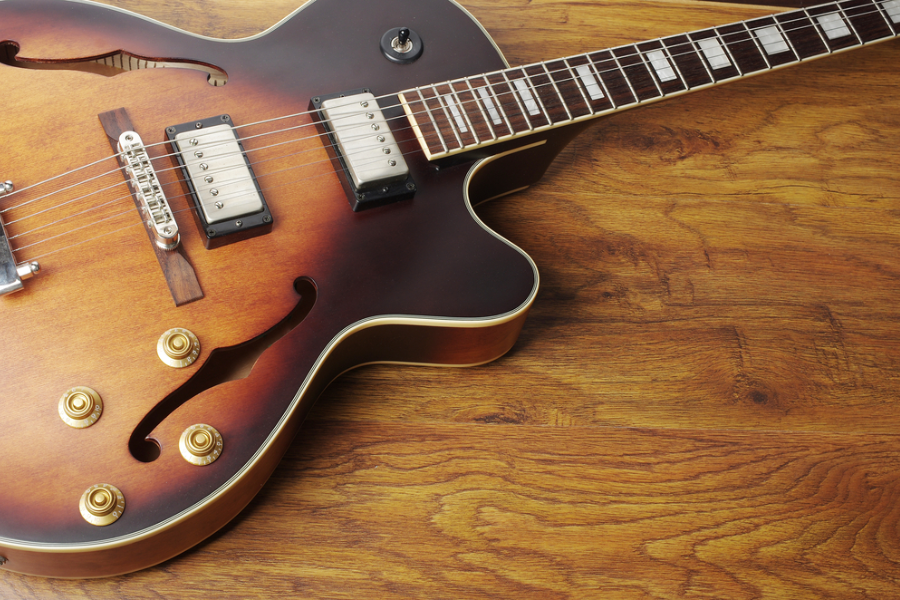
Why Is an Electric Guitar Not Working When Plugged In?
Identifying the exact cause requires careful inspection, electric guitar might not work when plugged in due to various reasons:
Wear and Tear Guitar cable
If your guitar ever fails to produce sound (and the amp is on with the volume up), testing your guitar cable should be the first thing you do. Some guitarists have been injured, and Yardbirds guitarist Keith Relf was fatally electrocuted in 1976 while playing an ungrounded guitar. If this happens, the shielding on the ground wires will immediately cut the signal.

A Shorted Jack : is a connection between guitar cables’ tips and sleeves, composed of two copper wires soldered to distinct plug parts. Incorrectly disconnecting or looping the cable over the guitar strap might stress the jack’s solder locations, making it breakable. High-quality cables include demountable connectors, so you can quickly re-solder broken wires.
Poor soldering : is common in low-quality cables or repairs undertaken by the ordinary individual. Cold soldering leaves air bubbles that may oxidize and degrade electrical contact when tin fails to melt fully. Cable performance suffers from greater resistance and poor electrical conductivity.
Internal damage : may happen from mechanical stress, such as twisting or stepping on the wire. The interior copper wires may wear and fracture from constant mechanical stress, such as bending a wire until it breaks. Keeping cables clean and out of the way during performances may reduce this.
Broken Strings
Playing your guitar puts the strings under stress. They have to be able to withstand constant movement while being struck at different intensities. When a string breaks, the continuity needed to generate this signal is disrupted, leading to a loss of sound output.
Signal interruption: Electric guitar pickups convert string motions into electrical signals. A broken string stops creating sound because the pickups don’t feel it. Leaving chords and notes incomplete is extremely frustrating during a gig or recording.
Disruption of an Electrical Circuit: Some guitars use strings as part of the sound circuit. One string breaking might disrupt this circuit and prevent the other strings from making music. This depends on guitar wiring and sound.
Changes in Tune and Tension: The strings work together to maintain neck tension. When a string breaks, it may upset the neck tension, affecting how the remaining strings sound and tune. With the volume increased, this mismatch may make the instrument seem out of tune.
Even with careful maintenance, they can break or become dull over time. You may not realize it yet, but the steel strings on your guitar are easier to break than you think.
Loose input jacks
If you plug your electric guitar into an amp and hear a crackling noise, static, or no sound at all, you probably have one of the guitar’s loose input jacks. Too much physical stress on the jack over time can cause these parts to loosen and, in some cases, completely fall out.
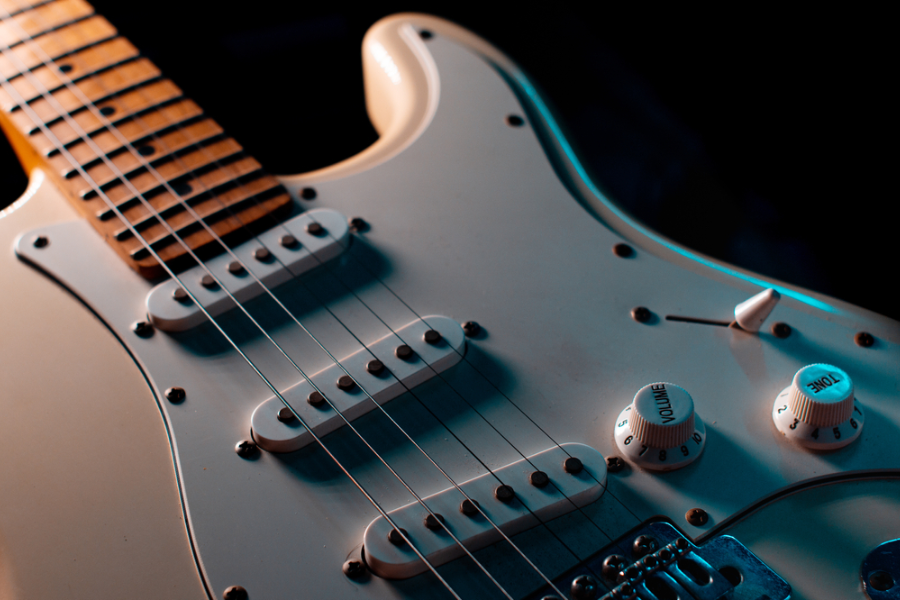
Wiggle the cable gently while it’s plugged in and listen for any crackling, pops, or sudden changes in sound to identify a loose connection.
The main issues stem from intermittent sound or total signal loss, caused by the unstable electrical connection between the guitar and amplifier. This problem arises because the input jack, crucial for transferring the guitar’s signal to an amp, loses its stability, leading to sporadic circuit breaks
Moreover, the metal clip inside the jack, responsible for securing the cable plug, can sometimes get bent or misplaced. This misalignment might prevent the plug from being securely held, causing sound issues like stuttering or distortion.
Faulty Guitar Amplifier
A guitar amplifier is an essential piece of equipment for any electric guitarist. It will boost the volume of your guitar so you can hear it while playing.
Trouble Connecting and Setting Up: Sometimes the problem is as easy as turning off the amp, not plugging the guitar in, or setting the amp and guitar volumes too low.
Before trying more sophisticated fixes, check these fundamental settings. Sometimes, plugging in the amp and guitar, turning it on and out of sleep mode, and setting the level and gain buttons might cure the issue.
Pedalboard or Chain of Effects: If a pedalboard or effects chain item fails or disconnects, the amp may not work. Check every signal chain button and wire for peace of mind.
If you’re playing through an amplifier, there’s a chance that it’s the source of the problem. If you notice that your guitar doesn’t sound right when you increase or decrease the amp’s volume, it’s a clear indication that the amp might be the problem.
Dusty electronics
Dust is a natural enemy to electronic devices, including the tiny transistors and diodes inside your electric guitar. Years of dust buildup on your trusty guitar bring up a lot of problems, including random signal cut-offs, crackling, or no sound at all in extreme cases.
Overheating: Dust insulates electronics, causing overheating. Most mechanical equipment, including guitar amps, release heat when operated. Dust prevents heat from escaping, making things uncomfortably hot. This may damage sensitive components and cause system failures, inconsistent tone production, and finally no sound.
Moisture and conductivity issues: Water may create short circuits and corrosion, making the instrument and speaker less usable. Some dust is mildly conductive, which may leak power and stress solid-state amplifier circuits, lowering performance.
If you experience intermittent or distorted sound when using your guitar, there might be dirt or debris obstructing the jack’s contacts.
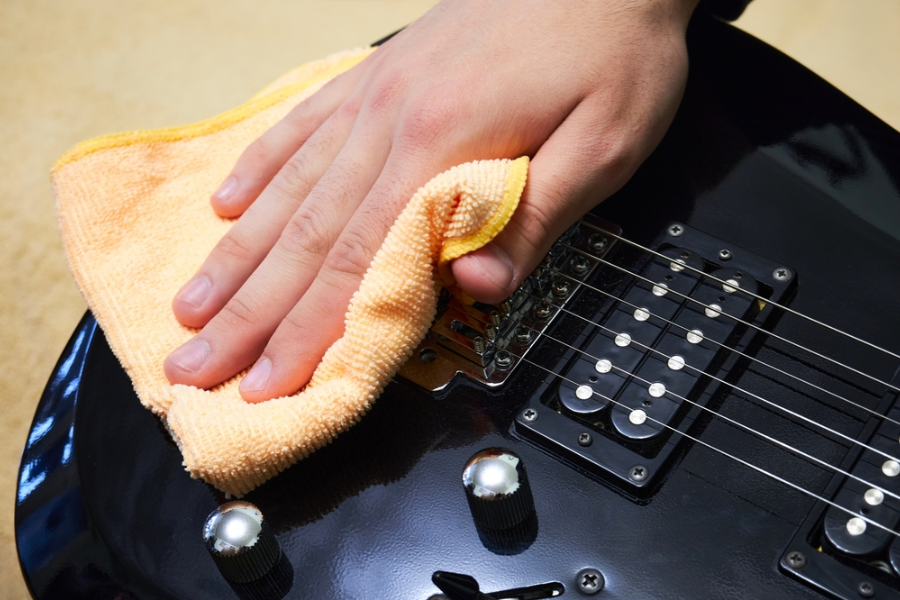
Is The Electric Guitar Dead?
Factors that contribute to an electric guitar’s longevity include the quality of its construction, the environment in which it’s stored, and how often it’s played or serviced.
How many years do electric guitars last?
In contrast to food, electric guitars don’t have an expiration date. Their strong build and the care their owners give them show how long they last. A cheap acoustic classical guitar might last about 10 years, if we were to guess. But electric guitars, even the cheap ones, will last 20 to 30 years, which is a lot longer.
If you take good care of your electric guitar, it can last for decades, often longer than the person who first bought it.
Traveling, playing shows, and the odd knock or bump are no match for high-quality electric guitars made with the best materials and workmanship. Old guitars from the 1950s and 1960s that are still in use and very popular with fans and players show how long-lasting the electric guitar is.
How do I reset my electric guitar?
Plug in your guitar and test all the electronics—pickups, knobs, and switches. If you notice any static or dead spots, you might need to clean the pots and switch contacts with a contact cleaner. For serious issues, consider consulting a professional technician.
Final Thoughts
There are numerous possibilities for electric guitars to fail. Finding and fixing the reason for a non-playing electric guitar requires a method.
From basic connection checks to complicated technical solutions, each step contributes to instrument sound restoration. You can prevent many of these issues with proper care and maintenance, keeping your instrument in top shape.





